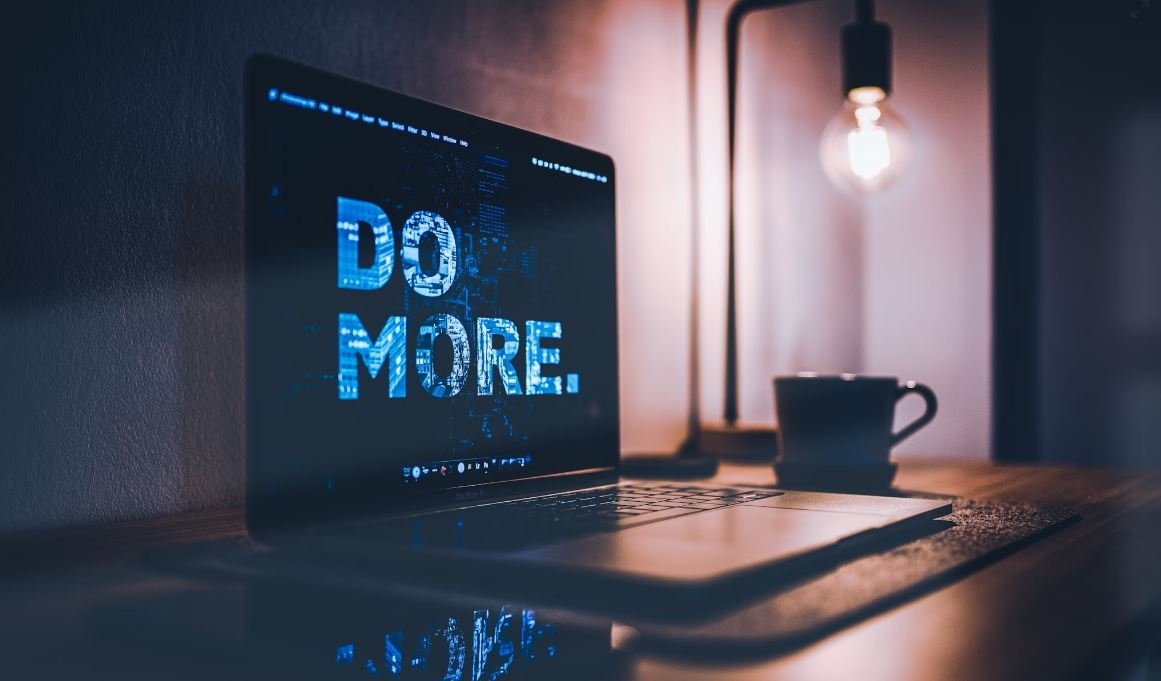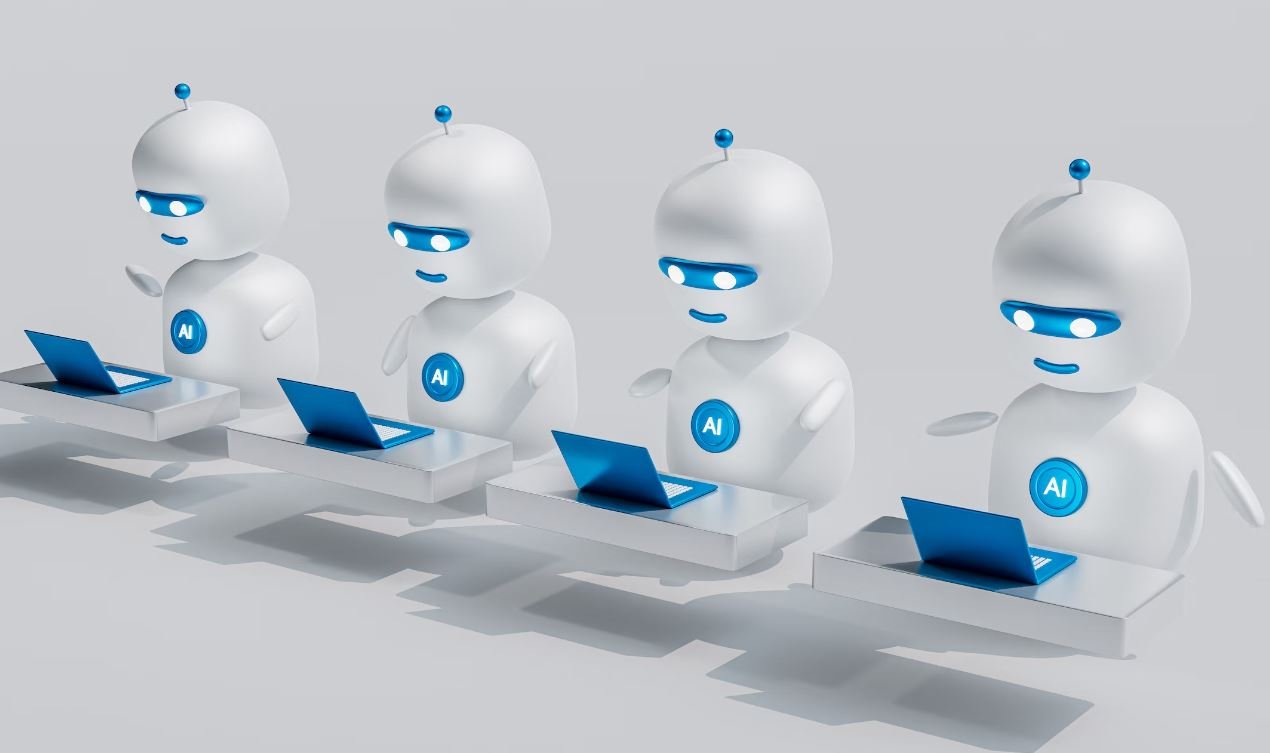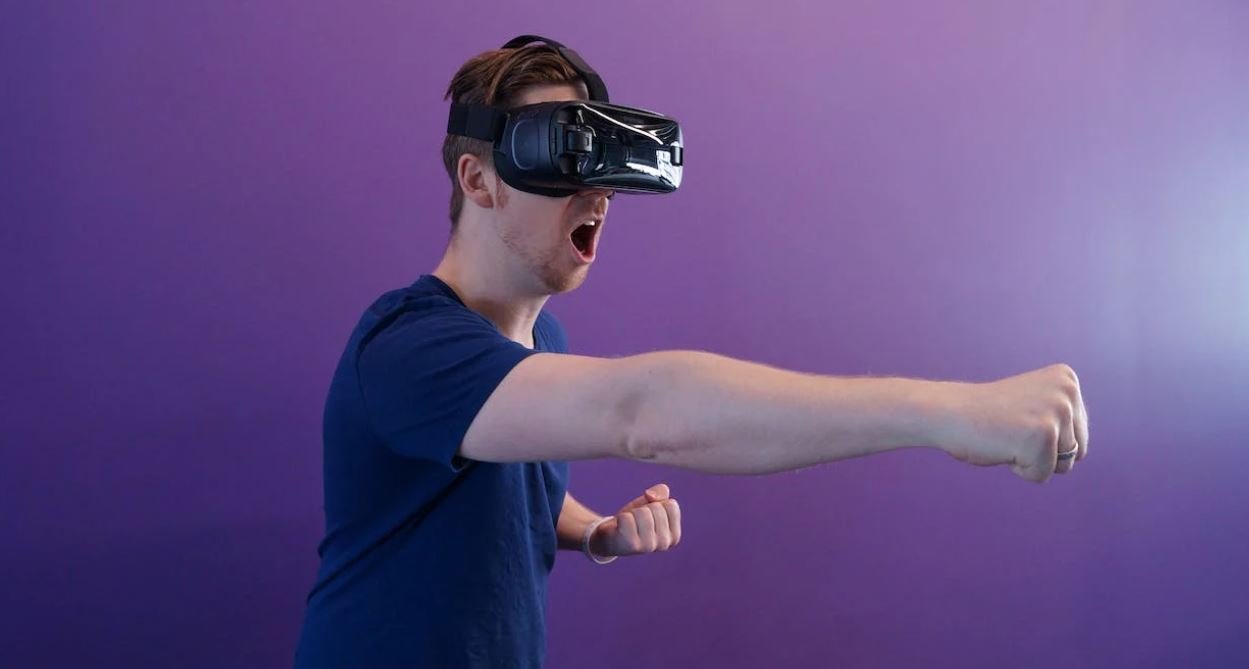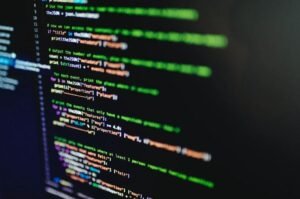Who Owns AI?
Artificial Intelligence (AI) has become increasingly prevalent in various industries, influencing everything from autonomous vehicles to voice assistants. As AI continues to advance, the question arises: Who owns AI?
Key Takeaways
- Ownership of AI technologies is complex due to multiple contributors and various legal frameworks.
- Companies such as Google, Amazon, and Microsoft possess a significant share of AI patents.
- Open-source AI platforms, like TensorFlow, are available for collaboration and development.
- Intellectual property rights play a crucial role in determining AI ownership.
AI is a collaborative effort involving researchers, engineers, and organizations from around the world. *The development of AI technologies is a continuous process, with each advancement building upon previous achievements.* The question of ownership isn’t straightforward, as it involves various aspects, including legal and ethical considerations.
Ownership Challenges in the AI Landscape
When it comes to AI ownership, several challenges arise. One is the collaborative nature of AI development. Researchers and scientists from diverse backgrounds work together to create innovative solutions. *This collaborative approach encourages knowledge sharing and drives progress.* However, determining individual ownership can be complex, particularly when multiple contributors contribute to an AI technology.
Another challenge is the legal framework surrounding AI ownership. *Current laws and regulations may not explicitly address AI ownership issues, often leading to ambiguity.* Various legal aspects, such as intellectual property rights and licensing agreements, need to be carefully considered to establish ownership rights and responsibilities.
Companies Leading in AI Patents
A key indicator of AI ownership is the number of patents held by different companies. *Companies like Google, Amazon, and Microsoft have a considerable presence in the AI landscape, reflected in their patent portfolios.* These tech giants consistently invest in AI research and development, positioning them at the forefront of technological innovation.
| Company | Number of Patents |
|---|---|
| 5,839 | |
| Amazon | 2,905 |
| Microsoft | 2,353 |
Open-Source AI Platforms
Open-source AI platforms, like TensorFlow, have revolutionized the AI landscape. These platforms provide a collaborative space where developers and researchers can contribute, share code, and build upon existing AI models. *The open-source nature of these platforms encourages innovation and facilitates knowledge exchange in the AI community.*
Intellectual Property Rights and AI Ownership
Intellectual property rights play a crucial role in determining AI ownership. Patents, copyrights, and trademarks protect the creations and innovations of individuals and organizations. *Securing intellectual property rights can provide legal protection and establish ownership claims in the AI space.* It is essential for AI developers and researchers to understand these rights and ensure they comply with relevant laws and regulations.
| Type | Description |
|---|---|
| Patents | Exclusive rights to an invention or technology. |
| Copyrights | Protects original works of authorship, such as software code or AI algorithms. |
| Trademarks | Protects brands, logos, and distinctive signs. |
The Complex Nature of AI Ownership
AI ownership is a complex matter influenced by multiple factors, including collaborative efforts, legal frameworks, and intellectual property rights. *As AI continues to advance, the concept of ownership may evolve alongside technological advancements.* Clarifying ownership rights and responsibilities is crucial to ensure fairness and encourage further innovation.
Conclusion
In the ever-evolving world of AI, determining ownership is no easy task. Multiple contributors, legal considerations, and intellectual property rights all contribute to the complexity of AI ownership. The collaborative nature of AI advancements and the popularity of open-source platforms further blur the lines of ownership. *As AI continues to shape our future, clear guidelines and robust legal frameworks need to be established to address ownership concerns effectively.*

Common Misconceptions
Who Owns AI?
There are several common misconceptions regarding the ownership of artificial intelligence (AI) that often lead to confusion in discussions on the topic.
- Corporations exclusively own AI
- AI is solely controlled by a single entity
- Ownership implies total control
One prevalent misconception is that corporations exclusively own AI. While it is true that many large tech companies invest in AI research and development, AI itself cannot be owned in the same way as physical property. AI is a collective term for a wide range of technologies and algorithms, and it is not confined to any particular organization or entity.
- AI as an emerging technology is open source
- AI requires collaboration and shared knowledge
- Ownership often refers to intellectual property rights
Another misconception is that AI is solely controlled by a single entity. In reality, AI technology requires collaboration and shared knowledge from various sources. AI is a complex field where advancements are made through the combined efforts of researchers, developers, and enthusiasts worldwide. No single entity or organization has total control over AI, as it is constantly evolving through shared expertise and continuous development.
- Regulating AI cannot revoke ownership
- Ownership of AI does not equate to malicious intent
- AI is influenced by societal impacts and ethical considerations
Furthermore, it is essential to recognize that ownership does not imply total control over AI. While legal ownership may grant certain rights and responsibilities, regulating AI through policies does not revoke ownership. Additionally, the ownership of AI does not automatically equate to malicious intent or unethical behavior. Many organizations and researchers actively work to ensure that AI systems are developed and implemented with proper consideration of societal impacts and ethical concerns.
- Ownership is not static
- AI ownership can encompass various aspects
- Ownership may involve partnerships and collaborations
Lastly, it is important to note that ownership of AI is not static. As technology advances and new discoveries are made, ownership can change or expand. AI ownership can encompass various aspects, including intellectual property rights, data ownership, and domain-specific algorithms. Furthermore, ownership of AI often involves partnerships and collaborations between organizations, researchers, and developers who contribute to its growth and application.

Artificial Intelligence Applications
The table below highlights different areas where artificial intelligence is being used.
| Industry | AI Applications |
|---|---|
| E-commerce | Product recommendation systems, chatbots |
| Healthcare | Medical imaging analysis, predictive diagnostics |
| Finance | Algorithmic trading, fraud detection |
| Transportation | Autonomous vehicles, traffic management |
Top AI Companies
This table lists some of the leading companies in the AI industry.
| Company | AI Focus |
|---|---|
| Machine learning, natural language processing | |
| IBM | Cognitive computing, deep learning |
| Microsoft | Computer vision, speech recognition |
| Amazon | Recommendation systems, voice assistants |
AI Ethics Concerns
This table presents ethical concerns related to the development and use of AI.
| Concern | Description |
|---|---|
| Data Privacy | Handling and securing user data |
| Job Displacement | Potential loss of jobs to automation |
| Algorithm Bias | Discriminatory outcomes due to biased algorithms |
| Autonomous Weapons | Moral implications of AI-powered military systems |
Investments in AI Research
This table showcases investments made by major companies in AI research.
| Company | Investment (in billions) |
|---|---|
| $20 | |
| Microsoft | $12 |
| $10 | |
| IBM | $8 |
AI Patents by Country
This table reveals the number of AI-related patents filed by different countries.
| Country | Number of Patents |
|---|---|
| United States | 15,660 |
| China | 8,410 |
| South Korea | 2,760 |
| Japan | 2,430 |
AI in Popular Culture
This table showcases examples of AI in popular movies and TV shows.
| Movie/Show | AI Character |
|---|---|
| The Matrix | Agent Smith |
| Westworld | Hosts (e.g., Dolores, Maeve) |
| Blade Runner | Replicants (e.g., Roy Batty) |
| Ex Machina | Ava |
AI used in Sports
This table presents examples of AI applications in the field of sports.
| Sport | AI Use |
|---|---|
| Tennis | Hawk-Eye ball tracking system |
| Basketball | Player tracking for performance analysis |
| Soccer | Offside decision support technology |
| Golf | Swing analysis and coaching |
AI Startups
This table showcases promising startups in the AI sector.
| Startup | AI Focus |
|---|---|
| OpenAI | General artificial intelligence |
| Cortex | AI-powered customer support |
| SenseTime | Computer vision and facial recognition |
| UiPath | Robotic process automation |
AI Education Programs
This table highlights notable educational programs focused on AI.
| Institution | Program |
|---|---|
| Stanford University | AI Graduate Certificate |
| Massachusetts Institute of Technology (MIT) | Professional Education AI Programs |
| University of Oxford | MSc in Machine Learning |
| Carnegie Mellon University | AI Research and Education |
In this article, we explored various aspects of the AI landscape, including its applications in different industries, leading companies in the field, ethical concerns, investments in research, patents filed by countries, depictions in popular culture, and its utilization in sports. We also highlighted some promising startups and educational programs related to artificial intelligence. The rapid advancement of AI technology holds immense potential for transforming numerous sectors, but it also raises important ethical questions and considerations. As AI continues to develop, it becomes crucial to ensure responsible and equitable adoption for the benefit of society.
Frequently Asked Questions
Who Owns AI?
1. What is the ownership status of artificial intelligence?
Artificial intelligence, being an abstract concept, cannot be owned in the traditional sense. However, AI technologies and the intellectual property behind them can be owned by individuals, organizations, or institutions.
2. Can AI be patented?
Yes, certain aspects of artificial intelligence, such as innovative algorithms or applications, can be patented if they meet the requirements of patentability as set by the respective patent offices.
3. Are there any regulations on AI ownership?
Various countries have different regulations concerning AI ownership and intellectual property rights. It is advisable to consult with legal professionals to understand the specific regulations in your jurisdiction.
4. Can AI systems be owned by multiple entities?
Yes, AI systems can be co-owned by multiple entities. This can occur through collaborations or partnerships where rights and responsibilities are defined through contractual agreements.
5. What happens to AI developed by employees in a company?
The ownership of AI developed by employees is typically governed by employment agreements and intellectual property policies of the company. It is recommended to review these agreements to ascertain the ownership rights.
6. Can AI software be open source?
Yes, AI software can be released as open-source, which allows anyone to use, modify, and distribute the software as per the terms of the license. Many AI frameworks and libraries are available as open-source.
7. Do companies or individuals have control over AI once it is developed?
The level of control over AI technologies can vary depending on the ownership rights, contractual agreements, and applicable laws. However, once AI is deployed and used by various users, the control might become decentralized.
8. How are AI-related patents enforced?
AI-related patents can be enforced through legal actions against potential infringers. The patent holder has the right to defend their intellectual property and seek remedies such as injunctions or monetary compensation.
9. Can AI technology be sold or transferred?
Yes, AI technology can be sold or transferred through various means, including licensing agreements, asset acquisitions, or technology transfers. The terms and conditions of such transfers are typically outlined in legal contracts.
10. Are there any ethical considerations regarding AI ownership?
Yes, ethical considerations regarding AI ownership play an important role in ensuring responsible and fair use of AI technologies. These considerations involve accountability, transparency, data privacy, and avoiding biases or harm caused by AI systems.




